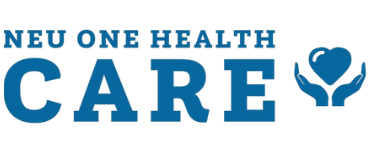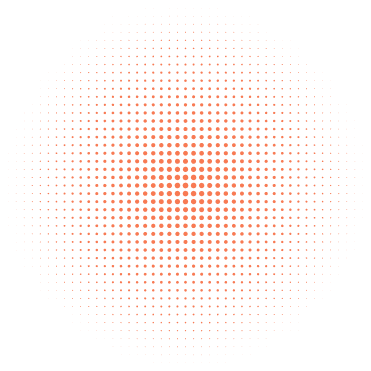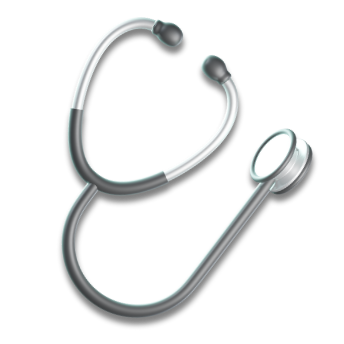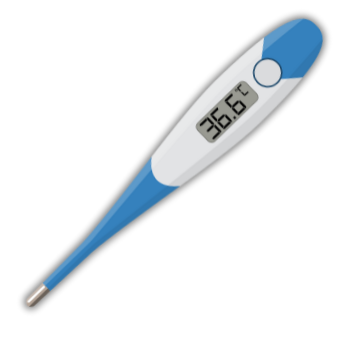Bvsc and AH
- Home //Bvsc and AH

Course Overview
The Bachelor of Veterinary Science and Animal Husbandry (B.V.Sc & A.H.) is a 5-year undergraduate degree program designed to train students in the science of diagnosing, treating, and preventing diseases in animals. This includes comprehensive education in animal physiology, surgery, reproduction, nutrition, and public health.
Veterinarians play a critical role not only in caring for animals but also in public health, food safety, and controlling zoonotic diseases (diseases that spread from animals to humans). This course is ideal for those who are passionate about animal welfare, livestock development, and veterinary clinical practice.
What You Will Learn?
Year 1: Basic Veterinary Sciences Veterinary Anatomy (General & Comparative) Animal Physiology Livestock Production Management Introduction to Animal Nutrition Year 2: Pre-Clinical & Para-Clinical Subjects Veterinary Biochemistry Animal Genetics & Breeding Veterinary Pathology Animal Welfare & Veterinary Ethics Year 3: Applied Veterinary Sciences Veterinary Microbiology Pharmacology & Toxicology Epidemiology and Public Health Clinical Diagnostics and Lab Techniques Year 4: Clinical Veterinary Practice Veterinary Medicine Veterinary Surgery & Radiology Animal Reproduction, Obstetrics, and Gynaecology Veterinary Public Health and Food Hygiene Year 5: Internship (1 Year) Clinical rotations in veterinary hospitals, dairy and poultry farms, wildlife centers, and meat inspection units Hands-on experience in surgeries, vaccinations, disease diagnosis, and animal management
Course Curriculum
Bvsc and AH
Intermediate
At the intermediate stage of the course, students begin hands-on training, field exposure, and real-time diagnosis under supervision.
🔹 Key Skills & Competencies Developed
Identification of symptoms and clinical signs in pets and livestock
Conducting diagnostic tests: blood tests, urine, fecal examination
Performing basic surgical procedures (suturing, dressing, injections)
Use of microscopes for identifying parasites and pathogens
Understanding feed formulation for dairy cattle, poultry, and goats
Learning about common infectious diseases and their vaccination schedules
Safe handling of animals for examination, restraint, and treatment
Exposure to animal birthing assistance and reproductive cycle monitoring
✅ Career Paths After B.V.Sc & A.H.
Government Veterinary Officer
Private Veterinary Practitioner
Animal Husbandry & Dairy Industry Expert
Wildlife and Zoo Veterinarian
Animal Research Scientist
Pursue M.V.Sc (Postgraduation) in specializations like Surgery, Pathology, Gynaecology, Medicine, etc.
- Skill Level
Advance
- Language
English,Hindi
- Certificate





